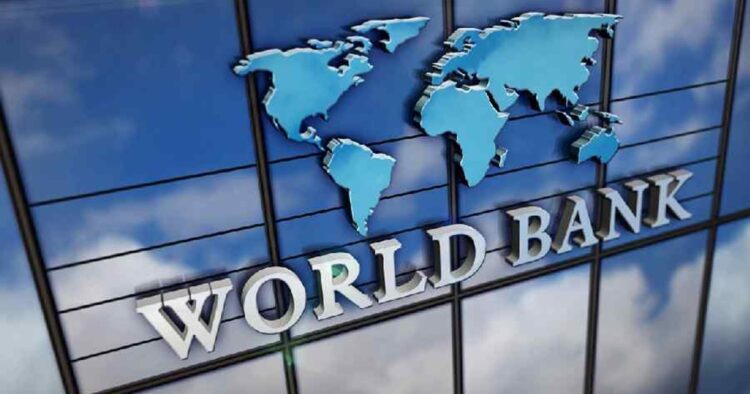The World Bank has released a biannual report painting a concerning economic picture of Pakistan, warning that over 10 million more people are at risk of falling into poverty in the financially strained nation.
According to the report, Pakistan’s economic growth rate remains sluggish at 1.8 percent, with inflation soaring to a staggering 26 percent in the current fiscal year. The country is anticipated to miss most major macroeconomic targets, including remaining in deficit for three consecutive years, contrary to International Monetary Fund stipulations mandating a surplus.
Lead author of the report, Sayed Murtaza Muzaffari, noted that despite some signs of a broad-based economic recovery, efforts to alleviate poverty remain insufficient.
The report projects economic growth to stagnate at 1.8 percent, with the poverty rate remaining around 40 percent. Currently, approximately 98 million Pakistanis are already struggling with poverty, with an additional 10 million individuals at risk of slipping into poverty.
The report highlighted the vulnerability of those hovering just above the poverty line, particularly in sectors such as construction, trade, and transportation, where limited wage growth persists amidst high inflation.
Furthermore, the ongoing cost-of-living crisis, coupled with rising transportation costs, could lead to increased numbers of out-of-school children and delayed medical treatments, especially for poorer families. Food security also remains a concern in various parts of the country.
The World Bank emphasized that Pakistan’s economy remains under stress, characterized by low foreign reserves, high inflation, and policy uncertainty. It warned of significant risks posed by financial sector instability, policy uncertainty, and external pressures.
Despite a narrowed current account deficit and reduced domestic demand, official remittances fell by 6.8 percent year-on-year in the first half of the current fiscal year due to exchange rate rigidities earlier in the year.
Inflation is projected to remain high at 26 percent in FY24, primarily due to elevated domestic energy prices, posing challenges for poor and vulnerable households with depleted savings and lower real incomes.
Looking ahead, the World Bank predicts Pakistan’s economy to grow by only 1.8 percent in the current fiscal year, falling short of the official target of 3.5 percent. For the next fiscal year, a growth rate of 2.3 percent is projected, which is lower than the population growth rate of 2.6 percent.

















Comments